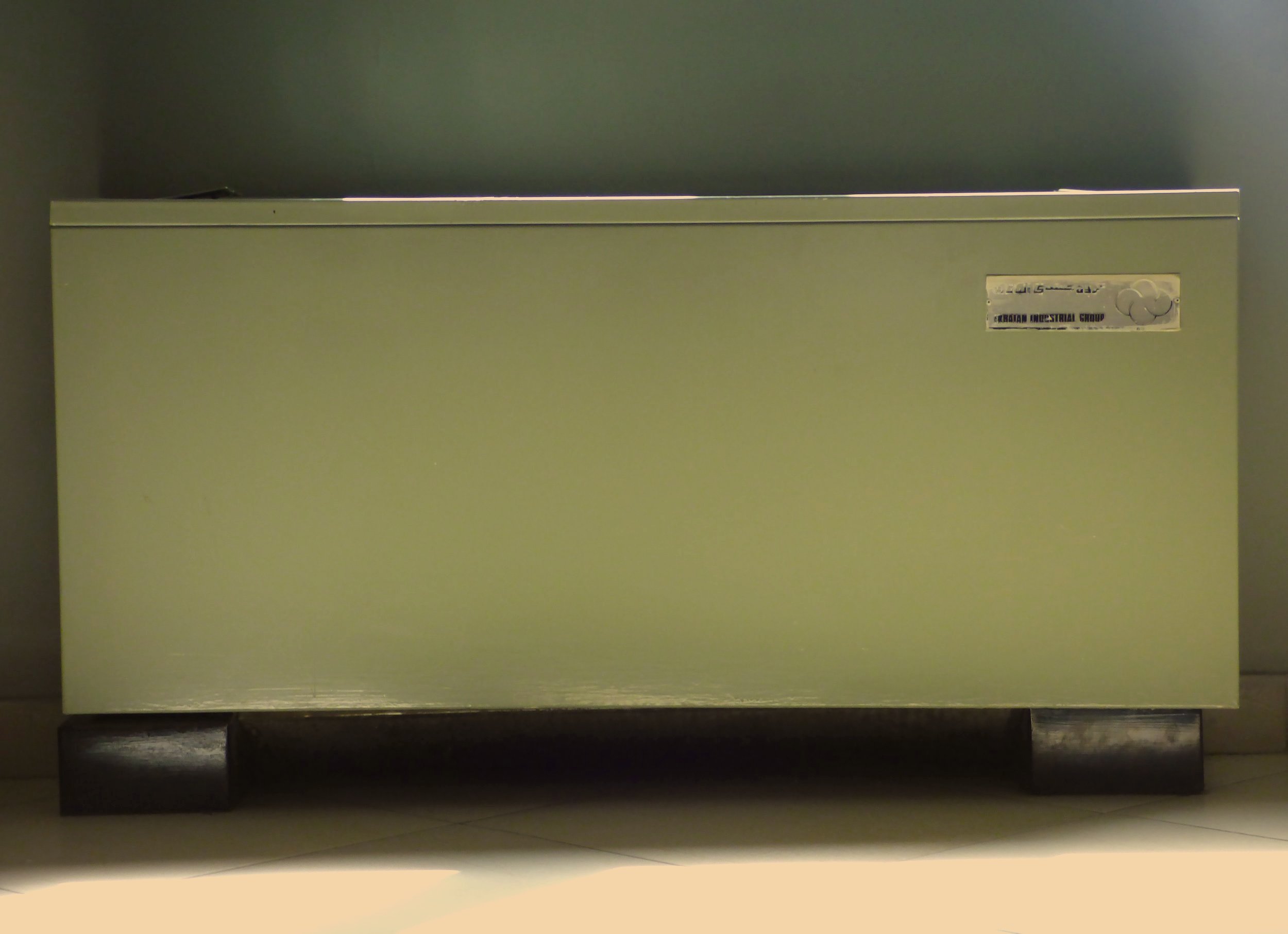This article develops through dialogues between a poet, English teacher, and musician based in Ekbatan, Iran, and a sound artist and anthropologist based in Wakefield, England. These dialogues center on a listening in/for the town of Shahrak-e Ekbatan, Tehran, Iran and aim to situate it according to its material structure and sonic ecology. In June, 2021, the authors listened to and recorded Ekbatan every day for about an hour around sunset. This text provides (auto-) ethnographic reflections on the soundscape of Ekbatan via original field recordings and interviews, and through discussions of shared memories from an autobiographical perspective. By analyzing first-hand accounts and recordings, the authors also meditate on noticeable changes within the soundscape and discuss their social-political and economic underpinnings. Ekbatan is a planned town, located near the western borders of the Iranian capital Tehran. For the authors—current and former residents of Ekbatan—it represents a prototypical utopic neighborhood; its cold and robust façades offer warm interiorities; its spatial organization creates liminal spaces that manifest disalienation, community, and collective identity.
'The walk’s length is around 500 meters (Figure 4). We start from a spot between Block 16 and 18, near Jabir Ibn Hayyān High School in Phase 2 and move northward. It is Thursday, July 1st, 2021, and the clock shows 19:55. Zoom H4n recorder is turned on. We set the levels, put a limiter on the output for extra caution, and press record. It is a busy time of the day, though here it is rather quiet.'
Here are a few excerpts from a series of field recordings and soundwalks we performed as part of our fieldwork in Ekbatan in the summer of 2021.
